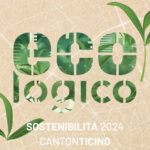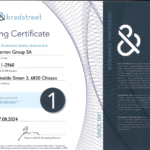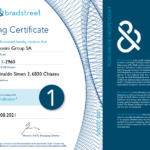WHAT INCOTERMS YIELD?
Each acronym codified in Incoterms clearly defines who should bear the costs and responsibilities for each part of transportation and customs…
WHEN DO WE TALK ABOUT THE GREEN CHANNEL?
The green channel is a customs system that allows rapid customs clearance of goods through simplified procedures.
WHAT IS CARNET ATA?
ATA CARNET AND TEMPORARY IMPORTATION When the goods are to be destined for temporary use abroad with a view to a future reintroduction into the national territory, a temporary export (DDAT) may be carried out. The main goods for which this scheme is applied are:...WHAT IS T1?
T1 (NCTS) is a computer document issued by one customs (Departure Office) and destined for another customs (Destination Office). T1 is assigned a number called MRN (Movement Reference Number), which is unique throughout the European Union and recognizable throughout...WHAT ARE EXCISE TAXES?
Excise taxes are taxes levied on products such as alcohol, petroleum and tobacco. They apply to EU and imported products and are regulated by EU law. Excise goods must be stored in excise tax warehouses.








